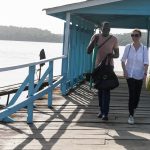
Upriver to Mazaruni Prison (Guyana)
One of the wonderful things about ‘blue skies’ research is the element of surprise that it can throw up. When I began work on ‘The Carceral Archipelago’ project, I had not planned to work on the British Caribbean. I had long been aware of early-modern British and Irish convict flows to islands like Barbados, […]
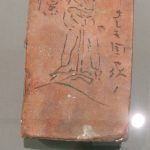
The “Pains of Imprisonment”: an historical sociology of penal transportation?
A few years ago, the eminent scholar of the Russian Gulag, Professor Judith Pallot, challenged me to consider the relevance of the sociology of incarceration as a means of understanding convict experiences in penal colonies. She advised me to think in particular about Gresham M. Sykes’ classic 1958 text, The Society of Captives: A […]
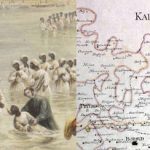
A Snapshot of Collaborative Work in History
During my PhD study and for the first ten years of my academic career, I researched alone. I went to the archives, I discussed and presented my work to academic audiences, and I published books and academic papers. Though like many others, I felt myself to be engaged in a larger intellectual project (subaltern studies, […]
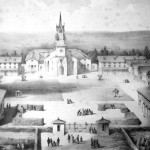
Thinking sociologically about the history of convicts and penal colonies
In the early 1990s I had the privilege of studying with David Garland, then teaching and researching in Edinburgh University’s Law School. He had recently published a wonderful book – Punishment and Modern Society: a study in social theory – which remains as relevant and important today as it was then. Week by week, Professor […]
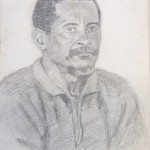
Convicts, Collecting and Knowledge Production in the Nineteenth Century
In previous blogs, I have explored some of the circulations and connections that linked nations, colonies and empires, and wove together practices of punishment and penal labour across polities and imperial spaces. This included the sharing of official reports, the spread and adaptation of particular modes of convict punishment, and the intra-colonial mobility of personnel […]

Where Empires Meet
In a previous blog, I wrote on the theme of the politics of comparison, of the connected history of circulation and mobility that underpins the CArchipelago project team’s approach to the historiography, theory and archive of penal colonies. Research associate Christian De Vito has since expanded the discussion, discussing the basis of various approaches […]
Admin, Conference, and Website, Oh My!
In the year since I joined The Carceral Archipelago, it has been a pleasure to support the novel and extensive research being conducted by the project’s members. Our team is conducting research on and about five continents over as many centuries and making exciting connections and discoveries in archives, at heritage sites, and in fruitful […]
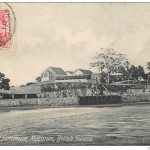
The politics of comparison: writing a global history of punishment
The Carceral Archipelago project faces enormous challenges in writing the history of punishment as global history. Our research ranges across almost five centuries, from Portugal’s first use of convicts in North Africa in 1415 to the closure of Stalin’s gulags in the 1960s. As readers of this blog will know, we are working on the […]

Reconsidering Southern African Studies from the Indian Ocean
“Reconsidering Southern African Studies from the Indian Ocean.” This challenge underpinned two wonderful days of discussion at the University of the Western Cape last week. As a conference, we wanted to explore what the burgeoning Indian Ocean historiography and literature means for southern African studies; including how land and sea might come together, in our […]
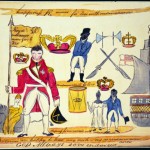
How Migration Makes Meaning
At the weekend, I travel to the UAE to participate in ‘How Migration Makes Meaning: A Conference on Slavery in the Atlantic and Indian Ocean,’ an event hosted by NYU Abu Dhabi. I am looking forward to a productive few days, and the opportunity to work through collectively the intellectual trajectory of connections between Atlantic […]

Recent Comments